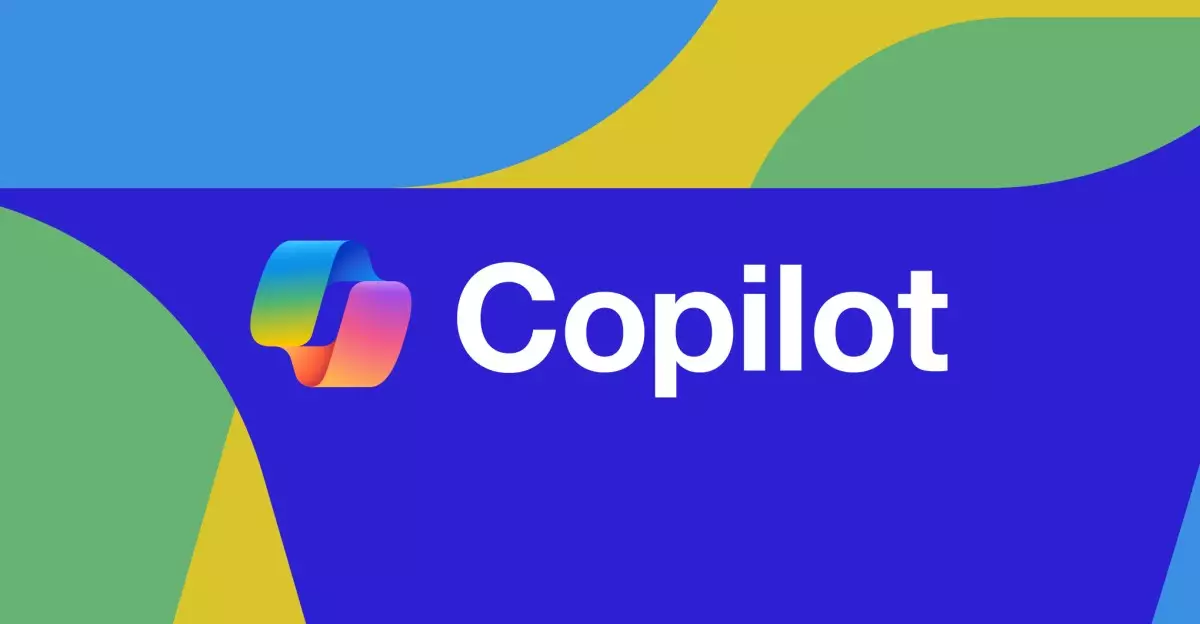The landscape of artificial intelligence is shifting dramatically, and at the forefront of this evolution is Microsoft’s Copilot. As the tech giant celebrates its 50th anniversary, it has embraced innovation by updating Copilot with a suite of powerful features designed to enhance personalization and functionality. This shift places it in direct competition with other advanced AI platforms like ChatGPT and Claude. What distinguishes Microsoft Copilot is not just its enhanced capabilities but the profound way it aims to integrate with users, making technology feel more human than ever before.
Your AI Companion: The Power of Personalization
The crux of Copilot’s new capabilities lies in its expanded memory features. Unlike previous iterations, the updated Copilot will remember users’ preferences, significant dates, and personal interests, allowing it to provide tailored suggestions and advice. The concept of a personalized AI is not merely a gimmick; it represents a fundamental change in how technology interacts with individuals. Microsoft’s approach enables users to take charge, choosing what data to retain and what to discard. This paradigm shift could indeed pave the path toward a more intuitive digital assistant that genuinely understands its user. However, one must consider the ethical implications surrounding data retention and privacy. While users have the power to opt out, there remains a hidden complexity in ensuring transparency and security in such memory systems.
Advanced Capabilities: Beyond Simple Queries
In addition to personalization, Copilot introduces its robust Action feature, which elevates its utility significantly. This capability positions Copilot to perform tasks within a web context—an evolution that can reshape how people engage with both online services and everyday tasks. The idea of an AI capable of booking tickets or making restaurant reservations directly is not just revolutionary; it is a glimpse into a world where time-consuming tasks can be executed with ease, allowing individuals to refocus their energy toward more meaningful activities. By harnessing the collective power of the internet, Copilot can sift through vast data to find the best deals, optimizing consumer experiences across various sectors. However, this raises concerns about the dependency on such technology and how it might alter our decision-making processes, potentially leading to a lesser degree of personal engagement with choices we once had to navigate independently.
The Visual Evolution of Interaction
The introduction of Copilot Vision marks a significant step forward in user interaction. By expanding its capabilities to visually interpret data displayed on screens or even visible through camera lenses, Microsoft is leveraging a multi-modal approach that aligns with emerging trends in AI development. Imagine instantly receiving information about the contents of your current screen across different applications or discussing an object in your environment just by pointing your phone at it. This amalgamation of functions creates a synergy that could ultimately enhance productivity in unprecedented ways. However, the implications of such visual interactions are multilayered. Will this reliance on a visual processor lead to diminished visual literacy among users? Could such capabilities make us less observant of our surroundings? These are questions that merit consideration as we embrace the potential of visual AI.
Transforming Research and Content Creation
With features like Deep Research and podcast generation, Microsoft Copilot is not just creating a tool for daily tasks but is reimagining how we conduct thorough research and produce content. By analyzing large volumes of documents and synthesizing information into easily digestible formats, Copilot can revolutionize academic and professional research. The added capability to generate podcast-style audio explanations signifies not only innovation but also an understanding of changing content consumption habits. As society shifts toward audio and visual media, this feature allows users to engage with information dynamically and conveniently. Yet, as this automation grows, we should reflect on the balance between quality and efficiency. Will the sheer speed of AI-driven research compromise the depth of analysis traditionally required in academic and creative realms?
The Road Ahead for Microsoft Copilot
As Microsoft rolls out these features, the anticipation surrounding Copilot’s future is palpable. With tailored user experiences and a powerful suite of abilities, Microsoft is actively redefining what it means to have a personal assistant in the digital age. The intention to further enhance its functionality suggests a roadmap rich with potential. However, as technology marches forward, it is crucial to promote an ongoing dialogue about the ethical implications, user control, and societal impacts of these advancements. The journey toward an AI that genuinely understands and assists us is fraught with both excitement and uncertainty, challenging us to navigate this brave new world with mindful awareness.

